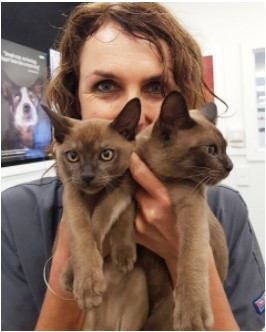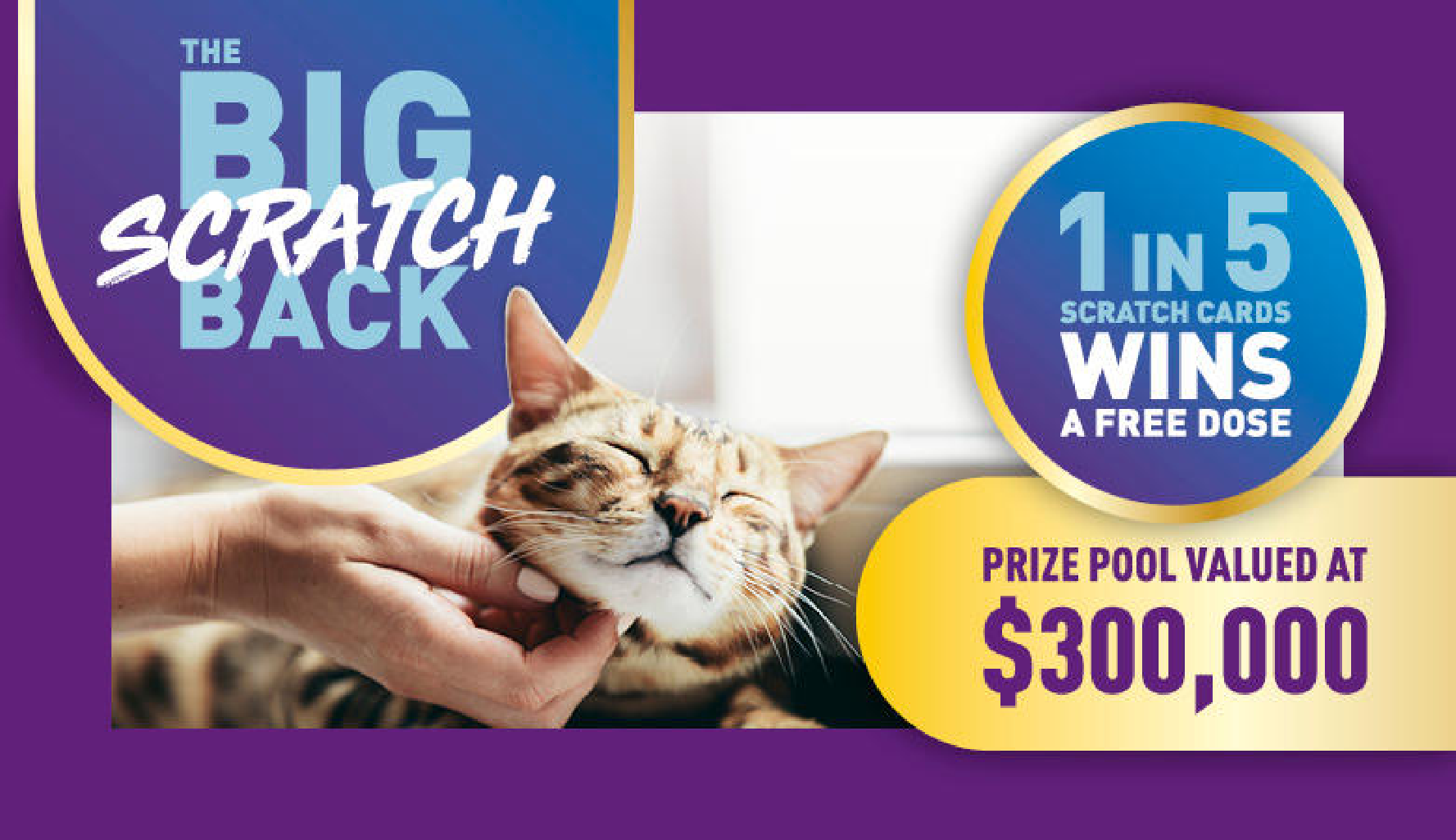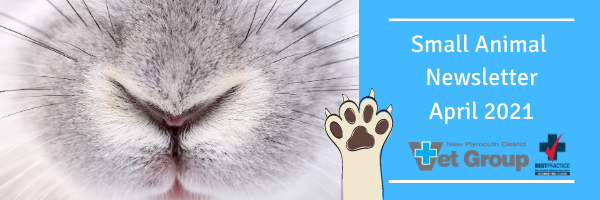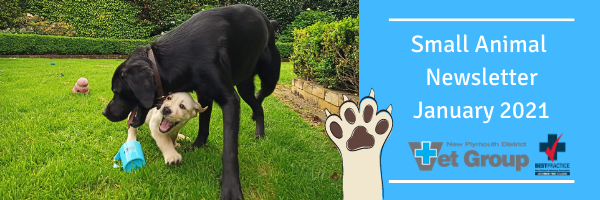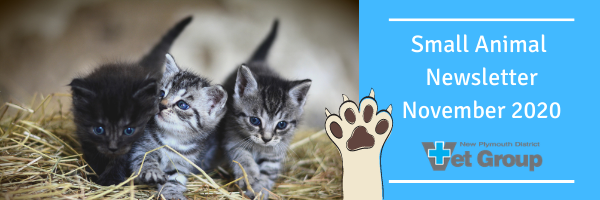We now offer Low Level Laser Therapy (LLLT also known as Photobiomodulation) Recently, we started offering…
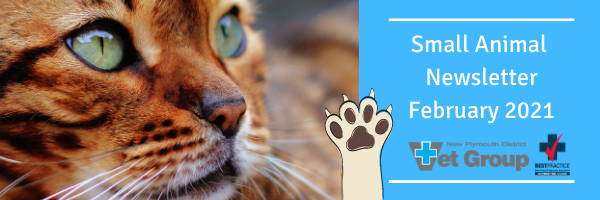
Small Animal Newsletter – February 2021
‘Sumo’ our Chemotherapy Superstar
‘Sumo’ a 12-year-old Jack Russell, presented to the clinic in June 2020 with an acute swelling under his chin. The lump was about the size of a walnut.
We sedated Sumo, and fine-needle aspirates (FNA’s) were taken of his lymph nodes and sent to a veterinary laboratory. Fine-needle aspiration is a diagnostic procedure used to investigate lumps or masses. Unfortunately, the results that came back from the laboratory confirmed that Sumo had a malignant form of cancer known as Lymphoma. This form of cancer is one of the most common types seen in dogs.
 The results were discussed with Sumo’s owners, and they decided to go ahead with further treatment involving surgery and chemotherapy.
The results were discussed with Sumo’s owners, and they decided to go ahead with further treatment involving surgery and chemotherapy.
Sumo had surgery under a general anesthetic to remove his left lymph node. Once he had recovered, he began coming to the clinic every Thursday for a blood test to check his red and white blood cell levels and for the administration of his drugs intravenously.
During the treatment, Sumo coped really well but did suffer from some of the side effects of the treatment just like humans do. He was prescribed other drugs to help him feel better.
After many weeks of treatment, Sumo was in complete remission and received his certificate for completing his chemotherapy.
Taking care of these ‘super special’ pet patients is so rewarding when the treatment is successful. It has now been a few weeks since he last visited us and we are happy to report he is continuing to do well.

The True Cost – Price / Quality
This is a visual we have put together. It compares the cost and quality of feeding supermarket brand pet food vs Hill’s Science Diet.
Firstly, we all know how convenient it is to grab some pet food while doing your weekly supermarket shop. However, when you compare the cost you could be saving a fortune and improving the well-being of your pets!
For example:
A popular brand of wet sachets purchased from the supermarket – recommended feeding for an average 4.5kg cat is 4.5 sachets a day – a daily cost of $3.28.
Compared to Hill’s Science Diet Maintenance dry – recommended daily feeding amount is 65gm a day – a daily cost of $1.45.

As you can see in the above comparison the sachets cost over double that of a bag of dry food.
Then we compared the ingredient list: The supermarket sachet contains a lot of by-products, binders, and gelling agents.
SUPERMARKET SACHET
INGREDIENTS: Meat By-Products & Meat (Derived from Chicken and/or Beef and/or Lamb and/or Pork); Binder; Gelling Agents; Flavours; All Essential Vitamins & Minerals; Colours; Taurine.
HILLS SCIENCE DIET DRY:
INGREDIENTS: Chicken, Whole Grain Wheat, Corn Gluten Meal, Chicken Fat, Chicken Meal, Dried Beet Pulp, Brown Rice, Chicken Liver Flavor, Calcium Sulfate, Lactic Acid, Potassium Chloride, Fish Oil, Soybean Oil, Iodized Salt, Choline Chloride, vitamins (Vitamin E Supplement, L-Ascorbyl-2-Polyphosphate (source of Vitamin C), Niacin Supplement, Thiamine Mononitrate, Vitamin A Supplement, Calcium Pantothenate, Riboflavin Supplement, Biotin, Vitamin B12 Supplement, Pyridoxine Hydrochloride, Folic Acid, Vitamin D3 Supplement), Taurine, minerals (Ferrous Sulfate, Zinc Oxide, Copper Sulfate, Manganous Oxide, Calcium Iodate, Sodium Selenite), Oat Fiber, Mixed Tocopherols for freshness, Natural Flavors, Beta-Carotene, Apples, Broccoli, Carrots, Cranberries, Green Peas.
As vets, our prime concern is our patients’ welfare, and we recommend a balanced diet that includes all the nutrients the pet needs for its age and lifestyle. The reason why we sell premium pet food is that they contain consistent, high-quality ingredients that are more digestible. Brands like Hill’s Science Diet and Royal Canin are science-based, and we can be confident that the food we recommend has undergone stringent analysis and/or food trials to ensure they are a complete and balanced diet for your pet.
Want to know more about nutrition when it comes to your pets? Talk to our trained nurses about what diet best suits your needs and the nutritional requirements of your fur baby, or book a nutritional consultation with our vets.
When should I neuter my kitten?
If you have acquired a kitten recently it might be time to have them neutered. We usually recommend neutering around 5 – 6 months of age. We discuss this in-depth here.
Pet-proof your garden
Thanks to their curious nature, dogs can sniff, lick and chew their way into a case of poisoning or injury in the blink of an eye. and cats aren’t immune to mischief! Keep your pets safe with these tips!


